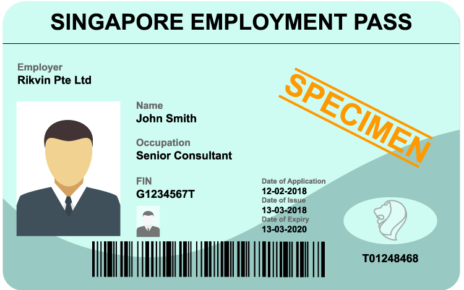If your money or property has been stolen from you and the thief refuses to return it, you might have more than a criminal cause of action; you might have a legitimate cause of action for a civil lawsuit.
In Florida, you are entitled to recover your damages in the form of a claim for civil theft. The statutes, though, are strict, and you must do everything precisely right to prevail. While civil theft is a separate body of law, it’s often addressed alongside other property matters, e.g., a Florida partition action when there is a dispute among co-owners of jointly owned property.
This article informs you about how Florida law civil theft is performed, when it occurs, and what you can do.
What Is Florida Law on Civil Theft?
Florida law on civil theft is different from criminal theft. The government tries the offender in a criminal case. You bring the action in a civil case to recover your loss.
Under Florida law on civil theft, a person can be sued if he or she:
- Knowingly took another’s property
- Did so with the purpose of depriving the owner thereof
- Committed one of the acts enumerated in Florida Statute 812.014
It might be money, tangible property, or even services. The point is that the act must have been purposeful, not inadvertent, and involve fraudulent conduct.
Examples of Civil Theft in Action
Civil theft lawsuits are frequently connected with personal or company disputes. A few typical examples are:
- A business partner who steals money from a shared account
- A contractor who is paid but never delivers below
- An employee who steals merchandise or equipment
- Someone who borrows money and refuses to repay it on pretenses
In each of these cases, there must be proof of wrongful and intentional taking: Complaints regarding late invoices or sloppy bookkeeping aren’t good enough.
Issuing a Civil Theft Demand Letter
Prior to suing, Florida law requires you to take one vital step first. You need to issue a Florida civil theft demand letter to the person or entity you plan to sue.
This is what you need to include:
- A clear account of the property or funds stolen
- The amount of damages that you are asking for
- A warning that you are demanding payment within 30 days
- A notice stating that if they don’t respond, you will initiate a civil theft action under Florida Statute 772.11
This letter must be sent by certified mail. It is the final opportunity for the other side to pay up before it goes to court. You can’t proceed with the civil theft action if they do pay within 30 days. If title to property is challenged—as in a Florida partition action—it’s imperative to distinguish between a co-ownership dispute and an action in civil theft.
How Civil Theft Is Different From Regular Lawsuits
Civil theft cases have more riding on them than ordinary breach of contract cases. If you win, you can recover:
- Three times the amount of your actual damages
- Attorney’s fees
- Court costs: This is known as “treble damages,” and it’s included in the statute to deter fraud and theft. For example, if someone stole $5,000 from you, you could recover $15,000 in addition to attorney’s fees.
But that can sometimes mean courts demand a lot of evidence. You will have to present clear and convincing evidence that there was a theft.
Where and How to File Your Case?
If the other party does not reply to your demand letter, you may sue in civil court. The dollar amount you are trying to collect will determine whether you sue in county court or circuit court.
County court: Claims up to $50,000
Circuit court: Disagreements worth $50,000 or more, or more complex
Keep in mind that small claims court is not. Civil theft cases are not trivial. You’re claiming intentional wrongdoing. The proof must be solid, and the legal argument must be tight.
Do You Need an Attorney?
Yes. Civil theft cases are not for amateurs. They demand a strategy as attorneys and strict compliance with the Florida statute. A good civil theft attorney in Florida can help you:
- Make a legally enforceable civil theft demand letter that will likely return the treble damages you are entitled to.
- Pull together the evidence you require.
- Write your complaint to legal standards.
- Ensure you have the best chance of recovering triple damages.
If you do not know what to do, do not make an informed guess. Get advice from someone who understands how to work a civil theft case.
Send the requisite notice. Stick to the statute to the letter. Argue your case on facts, not feelings.
Conclusion
If your property has been taken by someone, you have every right to defend it. Just ensure you do so in the correct manner from the first demand letter to the final judgment. Whether you’re fighting a partition action in Florida or a robbery, using the legal system strategically and correctly is crucial to protect your rights.





